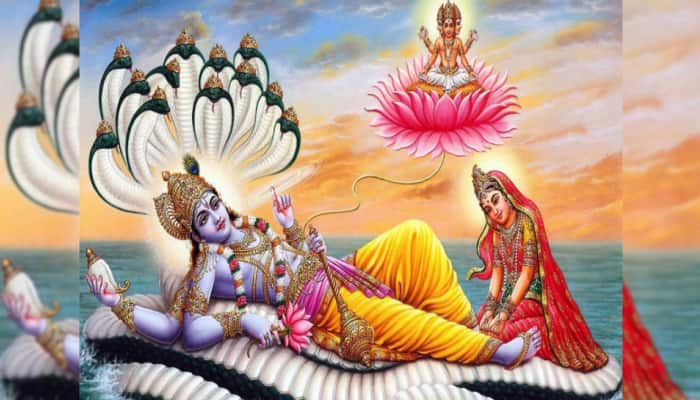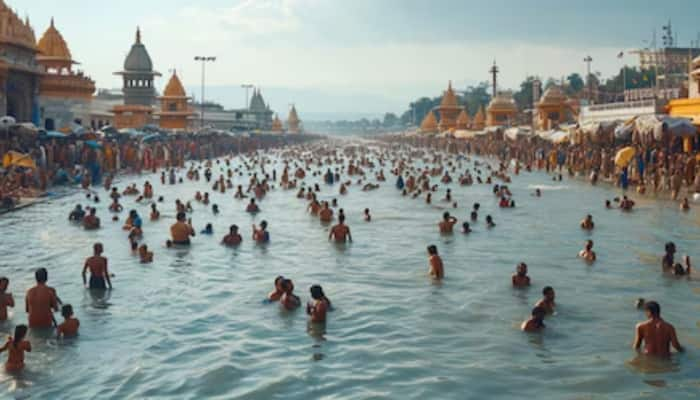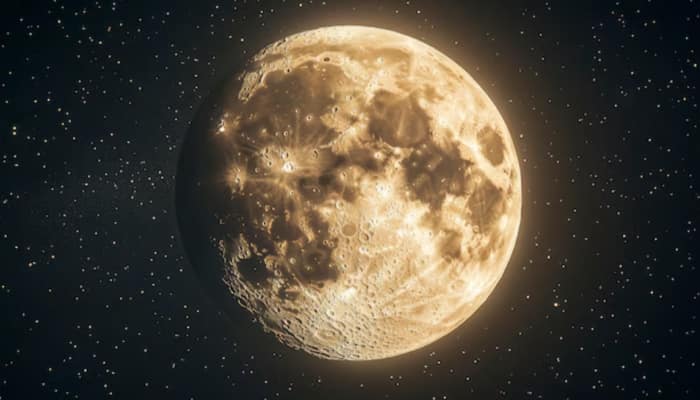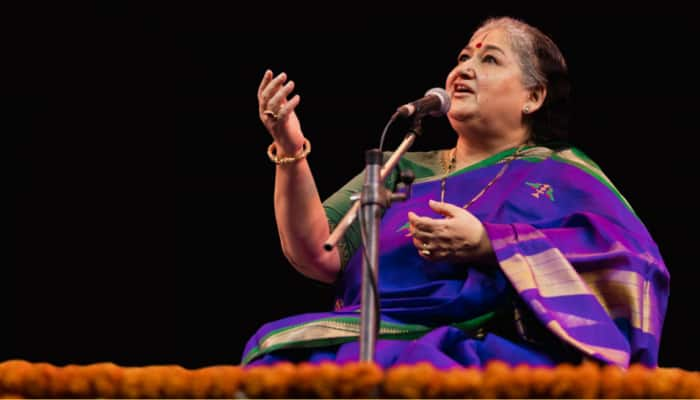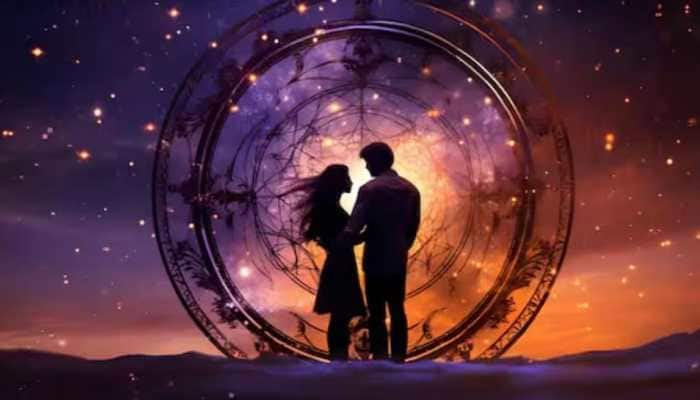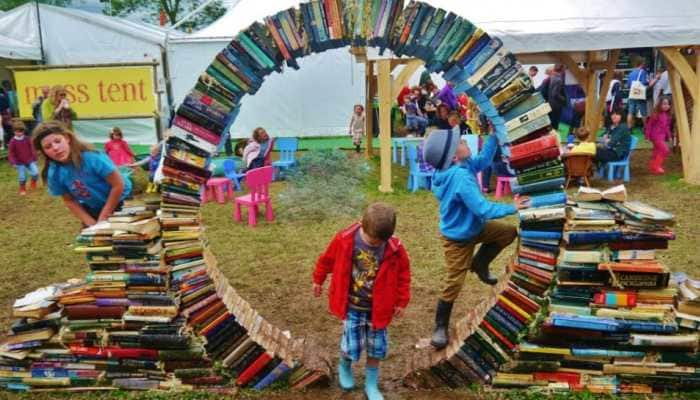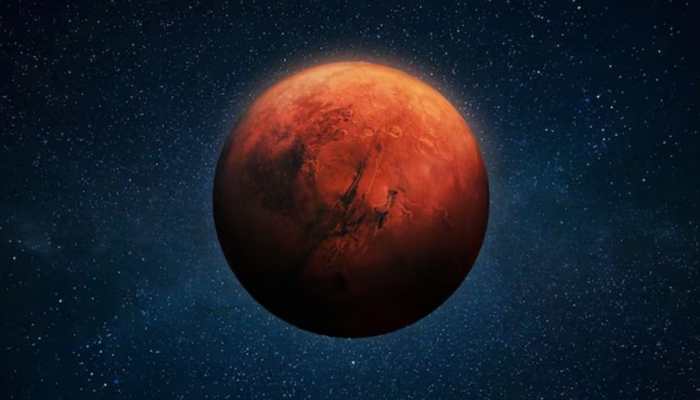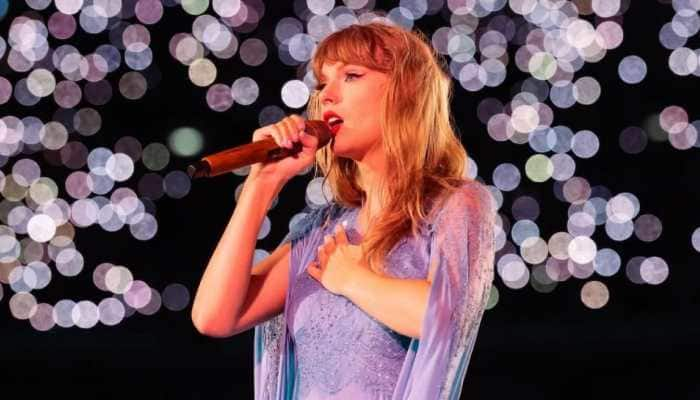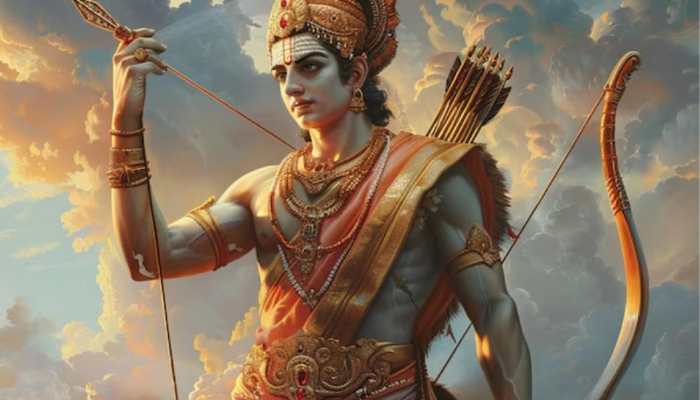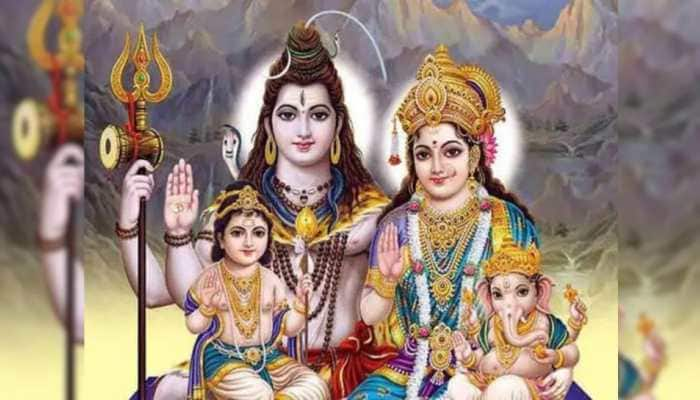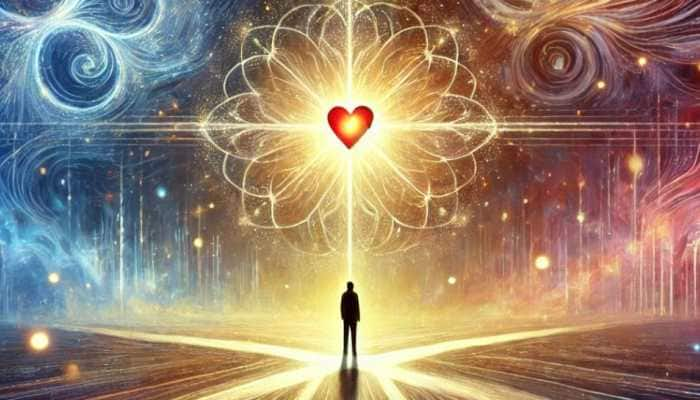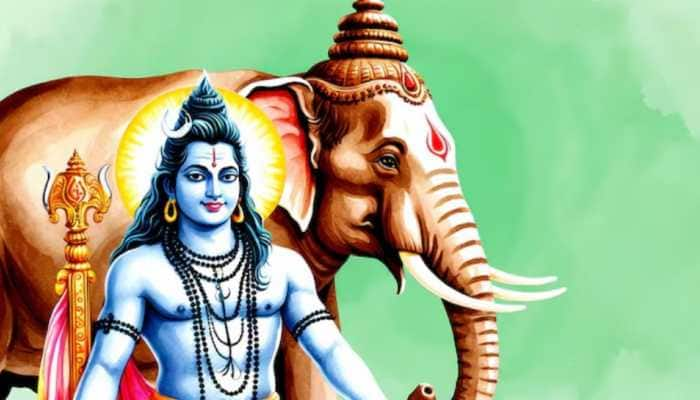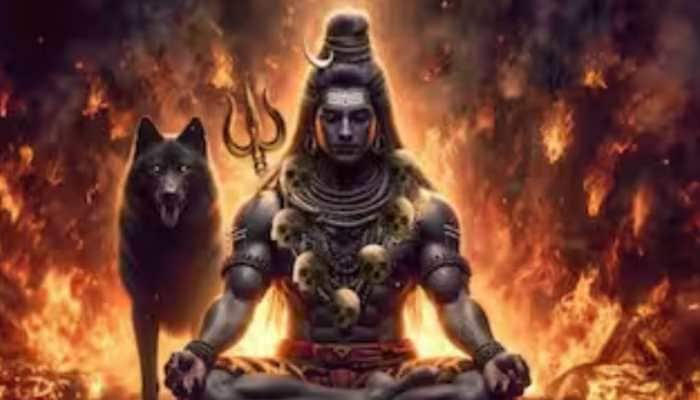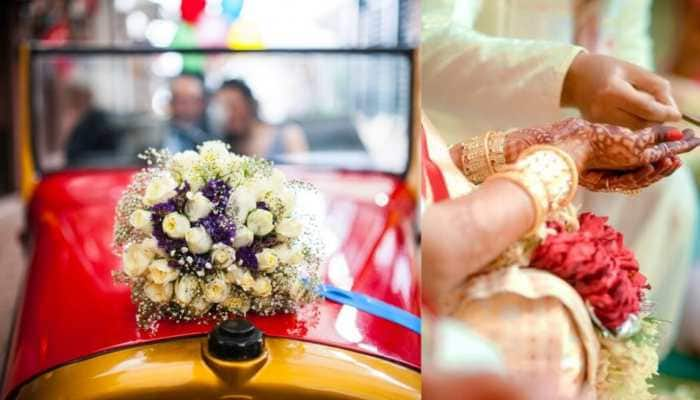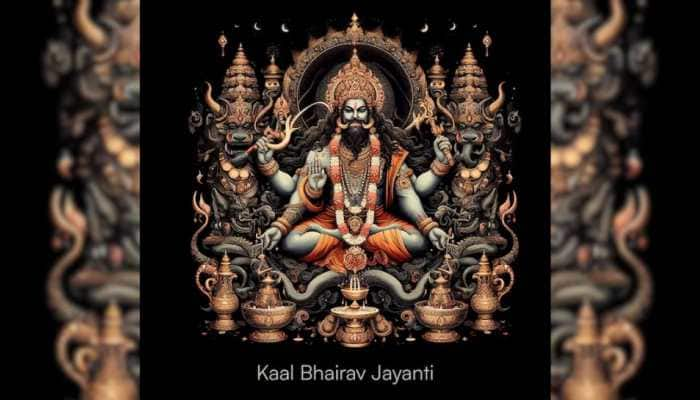Diwali, or Deepavali, is one of the most cherished and widely celebrated festivals in India and across the globe. Known as the “Festival of Lights,” Diwali is celebrated with tremendous joy, grandeur, and a sense of togetherness. But why exactly do we call Deepavali the Festival of Lights? This article delves into the history, symbolism, and traditions that make Diwali synonymous with light, hope, and positivity. The term Diwali is derived from the Sanskrit word Deepavali, which means "a row of lights." It is celebrated during the Hindu lunar month of Kartika, usually falling between mid-October and mid-November. The festival is primarily dedicated to the victory of light over darkness, good over evil, and knowledge over ignorance. These elements make Diwali not only a physical festival of lights but also a spiritual illumination. Diwali is steeped in various legends and myths, each explaining the importance of light as a symbol of divine protection, celebration, and blessings: Return of Lord Rama: In northern India, Diwali celebrates Lord Rama’s return to Ayodhya after 14 years in exile. People lit oil lamps, or diyas, to guide him home and celebrate his victory over the demon king Ravana. This victory and the warm, illuminating welcome gave birth to the tradition of lighting diyas during Diwali, making it the festival of lights. Goddess Lakshmi: Diwali also marks the worship of Goddess Lakshmi, the goddess of wealth and prosperity. People believe that lighting lamps invites her blessings, making their homes and lives brighter and more prosperous. This ritual is significant in many Indian homes, where they light lamps and clean spaces to honor the goddess. Krishna and Narakasura: In parts of southern India, Diwali commemorates Lord Krishna’s victory over the demon Narakasura, who had spread darkness and terror across the land. This victory brought light and happiness back to the world, solidifying Diwali’s association with the conquest of light over darkness. The lighting of lamps and diyas is not only a ritual but also a powerful metaphor. Here are some of the symbolic meanings behind the act of lighting lamps: Victory of Good over Evil: Diwali’s lights represent hope, joy, and goodness. Lighting up homes and streets with diyas signifies our commitment to overcoming the darkness in our lives. Awakening Inner Light: The light signifies the awakening of our inner spiritual awareness, reminding us to reflect on our values and actions and to spread positivity to those around us. Social Unity : Lights illuminate every corner, breaking down boundaries and creating an atmosphere of shared happiness and unity. Diwali encourages people to come together and celebrate in the spirit of community. The visual splendor of Diwali can be seen in its unique customs, which focus on spreading light and beauty: Lighting Diyas: The traditional earthen lamps are lit inside and outside homes, creating a soft and warm glow that purifies the environment. Many families place rows of diyas on balconies, stairways, and courtyards. Decorative Rangolis: Rangoli designs in vibrant colors are created at the entrance of homes, welcoming guests and celebrating the festive spirit. They often include diyas, adding a radiant charm to the designs. Fireworks and Sparklers: Fireworks illuminate the sky on Diwali night, symbolizing the joy of the occasion. While many people are becoming conscious of using eco-friendly and quieter options, the tradition of bursting crackers remains an integral part of the celebration. Illumination of Public Spaces: Streets, temples, and buildings are adorned with beautiful lights, flowers, and garlands, showcasing unity and joy at the community level. Diwali’s charm has transcended borders and is celebrated by people of Indian origin around the world, including countries like Nepal, Malaysia, Singapore, the United Kingdom, and the United States. The festival of lights has become a symbol of cultural pride and diversity, inspiring people worldwide to embrace its message of harmony, peace, and goodwill. In 2024, as we celebrate Diwali, the world reflects on the essence of light and its role in dispelling the shadows of negativity. Whether it’s through traditional diyas, colorful rangolis, or eco-friendly lighting, each form of light in Diwali holds a deeper meaning—symbolizing the hope and strength we need in our lives. (This article is intended for your general information only. News does not vouch for its accuracy or reliability.) None
Popular Tags:
Share This Post:
Goa Liberation Day 2024: Know History, Significance, And More
- by Sarkai Info
- December 19, 2024
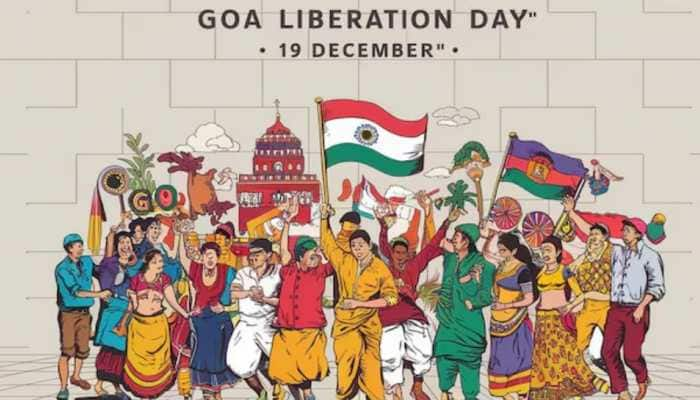
Goa Liberation Day 2024: Messages, Quotes, And Status To Share With Your Family And Friends
December 19, 2024
What’s New
Spotlight
Today’s Hot
-
- December 2, 2024
-
- December 2, 2024
-
- December 2, 2024
5 Literature Festivals Coming Up In India This December 2024
- By Sarkai Info
- November 29, 2024
Red Planet Day 2024: Key Details, History, Importance, Theme, And More
- By Sarkai Info
- November 28, 2024
Featured News
Latest From This Week
6 Inspiring Friendships From Hindu Mythology That Teach Us True Loyalty
CULTURE
- by Sarkai Info
- November 26, 2024
Masik Shivaratri November 2024: Date, Time, Significance, And Mantras To Chant
CULTURE
- by Sarkai Info
- November 26, 2024
Trust Your Instincts: The Importance Of Intuition In Everyday Life
CULTURE
- by Sarkai Info
- November 25, 2024
Subscribe To Our Newsletter
No spam, notifications only about new products, updates.


